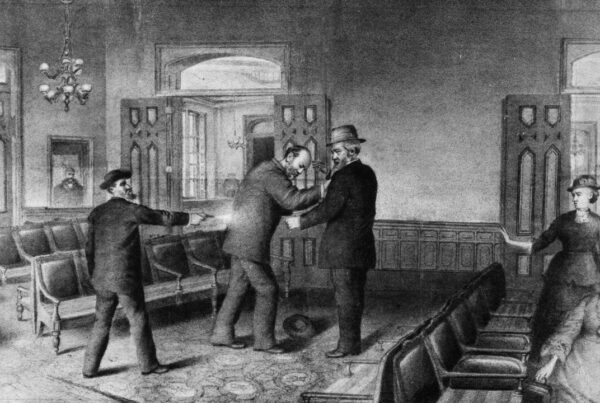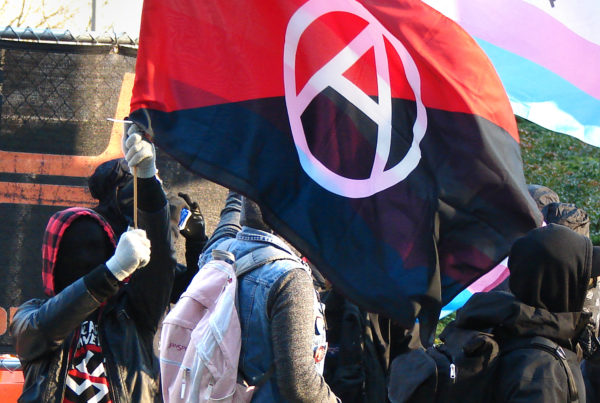Alternative Names:
Tehrik-e-Taliban Pakistan, Tehreek-e-Taliban Pakistan, Tehrik-i-Taliban Pakistan, TTP, Pakistani Taliban
Location:
Pakistan (Federally Administered Tribal Areas), Afghanistan
Leadership:
Unlike the Afghan Taliban, the TTP is not organized under a centralized command. It is instead structured as a loosely affiliated coalition of militant groups from the seven agencies of the Pakistani Federally Administered Tribal Areas, united by their objective to destabilize the Pakistani government. It is the largest militant group in Pakistan.
The TTP was found in 2007 by Baitullah Mehsud. Pursuant to Mehsud’s death, leaders of the TTP confirmed Hakimullah Mehsud as the group’s leader. In 2013, an announcement was made that Maulana Fazlullah had taken over as leader of the TTP.
In late 2013, the TTP was reported to have split into several factions to insulate against infiltration by state security forces.
Membership:
The TTP is thought to consist of up to 35,000 core, volunteer, and conscript fighters from the Federally Administered Tribal Areas of Pakistan.
Funding Sources:
TTP maintains ties with Harkat al Ansar (HuA), Harkat al Mujahideen (HuM), Jaish-e-Mohammed (JeM), and numerous other high-profile terrorist organizations throughout the Middle East and North Africa, from which it may derive funding, weapons, and fighters.
Origins:
The TTP was found in 2007 by Baitullah Mehsud and consisted of 13 militant groups from the seven agencies of the Federally Administered Tribal Areas of Pakistan.
Major Attacks:
The TTP has been implicated in dozens of actual and planned attacks against Pakistan security forces, NATO coalition forces, and civilian populations.
May 2010: A spokesman for the TTP claimed responsibility for an attempt to detonate a bomb in New York City’s Times Square.
July 2010: The TTP claimed responsibility for a suicide bombing at a government official’s office in Mohmand Agency, killing 56 people and injuring approximately 100 others.
October 2010: The TTP claimed responsibility for an attack on a NATO fuel convoy travelling to Afghanistan.
March 2011: TTP detonated a car bomb at a gas station in Faisalabad killed 32 people and injured over 100 others.
January 13, 2016: A TTP suicide bomber targeting security forces who were escorting Polio medical teams. (16 killed, 25 wounded)
January 19, 2016: A suicide bomber driving a motorcycle hit a roadside checkpoint on a major highway in Peshawar. (10 killed, 42 wounded)
January 20, 2016: TTP attacked the Bacha Khan University in Pakistan, which killed 30 people and left dozens of other injured.
February 6, 2016: A TTP suicide bomber targeting a security forces convoy in Quetta. (9 killed, 34 wounded)
Ideological Roots:
The TTP is a Sunni Islamist nationalist and Pro-Pashtun movement that subscribes to a tribal and feudal ideology, combining elements of Deobandi fundamentalism, Sharia law, and Pashtunwali tribal codes. TTP’s ideology has led to the imposition of radical policies on the treatment of women and girls, political opponents and religious minorities.
Objectives:
The TTP’s main objective is to destroy the government of Pakistan, the Pakistani Army, and their Western sympathizers.
Tactics:
Improvise explosive devices, vehicle-borne improvised explosive devices (VBIED), suicide bombings, firearm attacks, low-intensity bomb attacks, rocket and mortar attacks, massacres, kidnapping, extortion, assassination, drug trafficking, arms trafficking.
Updated on January 22, 2016.







